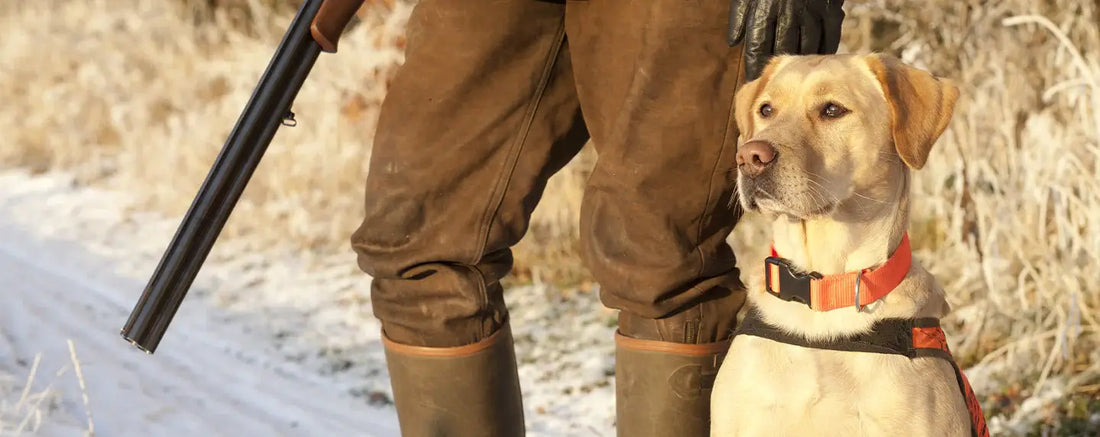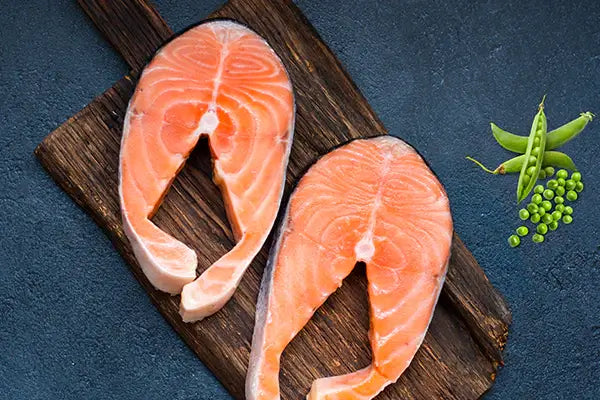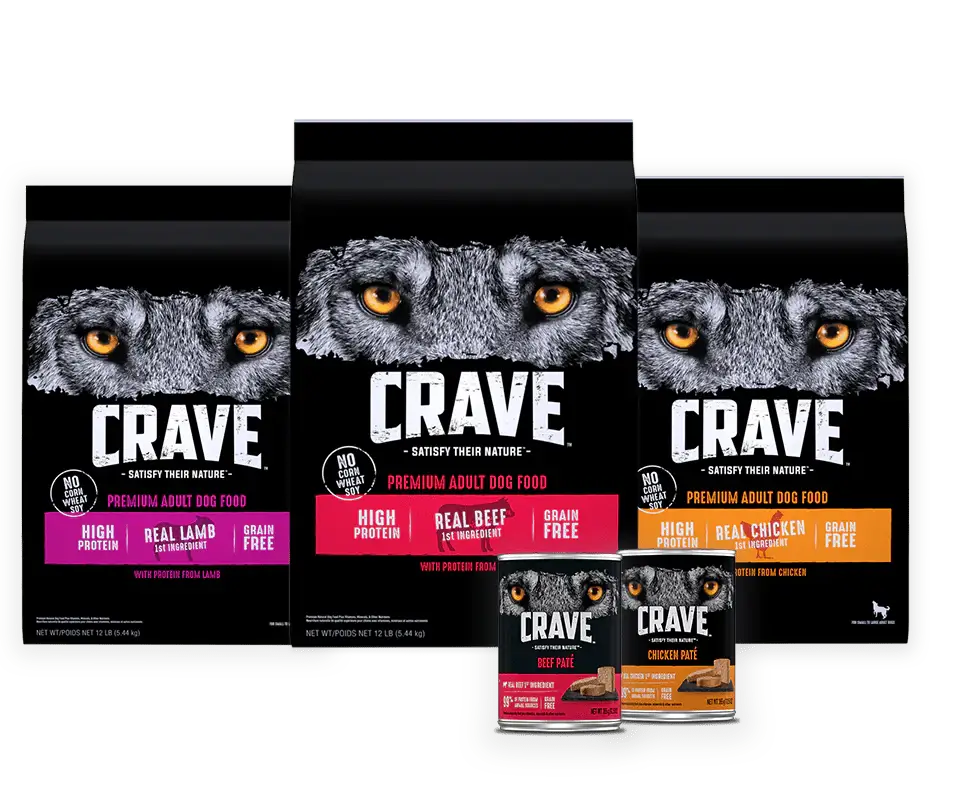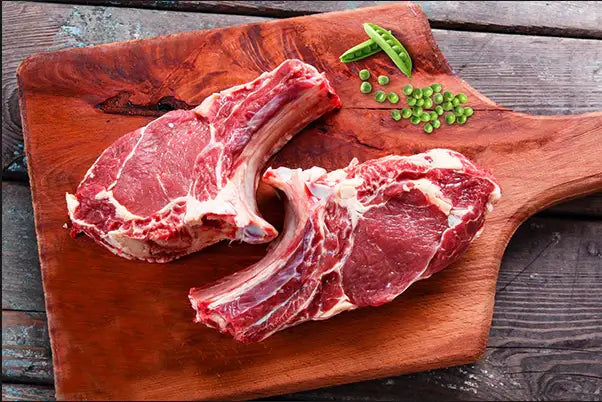Need to get your ducks in a row before hunting season? Or maybe you just want to understand your hound, retriever or pointer a little better? Either way, there’s always room to foster and strengthen your human-canine team.
When it comes to animal instincts, few displays are as impressive as the behaviors in these working dogs. That’s why, when it comes to training, your focus should be on honing the traits that help your dog fill their roles as hunters, while redirecting their less helpful behaviors.
To help build on your dogs’ instinctual strengths, we’ve assembled a few of our favorite tips about training your hunting dog.
Build Trust
First, keep in mind that any training is built on trust. It doesn’t matter whether you’re training your dog to flush birds from brush or to stay off the couch; the bond you’ve built with them is the key factor in how well that training will stick. It may sound simple, but the best advice we can give when it comes to training is to spend as much time together as possible. When your dog feels safe and cared for, they’re more likely to cooperate, respond to commands and retain the training you’ve provided.
Build and Train Your Hunting Dog’s Instincts
Once you’ve built a strong foundation of trust with your dog, it’s time to start honing their unique hunting instincts. Our breed-specific tips can help:

Training Hounds: Sight Hounds, Scent Hounds and Lurchers
Use any excuse you can find to get these dogs into the wild. The more open the area, the better. The more diverse the natural environment, the better. Using a leash and collar, let them build confidence in tall grass, woodlands or wetland areas.
Try to start every trip with a defined training goal in mind. Have a plan and focus on a single behavior you’d like to strengthen or improve. It’s also not a bad idea to write down what worked and how you’d change your training approach for your next session. Remember: Training a hunting dog is always a work in progress.

Training Retrievers
If you own a retriever, you already know how smart and capable these breeds can be, but there is one skill even more vital to success than water work, marking or handling. That quality is patience, also called steadiness. Having a dog that bolts at the first sight of a bird or at the sound of the first shot is counterproductive, so it’s important to build waiting and obedience into every training session.
One way to do that is to limit the number of times you send your dog on meaningless retrievals. Experts suggest no more than six to eight retrievals a week, and they recommend training your dog to sit at the sound of gunfire instead of lunging at the first sign of a downed bird.
Another way to build patience is to bring more experienced dogs along and encourage your dog to wait patiently while they retrieve. If you don’t have another dog to bring along, don’t be afraid to retrieve some yourself, while your dog patiently waits at another location.

Training Setters and Pointers
As you may know, pointing and setting take a lifetime of practice. Even an experienced dog can get a bit too excited, approach a bit too closely or fail to stay still. It’s important to remember that every hunt is a training opportunity, and it’s OK to take time out to help your dog learn from a recent mistake. If they scare the game away, take them back to the spot where they should have stopped, help them sit in that spot and wait, and then reward the correct behavior. Remember that dogs learn so much more from positively reinforcing good behavior than from scolding or being ignored.

Training Hunters
Try teaching new behaviors that cause them to stop and look to you for direction when they see a trigger, like a squirrel or deer. The basic idea is to gently expose your dog to their “trigger”; for example, you could take them for an on-leash walk where you’re likely to cross paths with a bird or rabbit. The goal is to get your dog to look at their trigger, then pause and get a reward. Eventually, your dog will know to stop and look to you at the first sight of prey.

Reward Hard Work
Being an obedient, cooperative hunting partner is hard work. It’s important to let your teammate know how much you appreciate them in a language they can understand. Just keep in mind that different breeds will likely find different activities rewarding.
Feeding your dog nutritious food is one of the simplest ways to thank them. For hunting dogs, CRAVE™ high-protein dry dog foods recipes provide the balanced nutrition to satisfy their hunger after a long day in the tall grass. And consider bringing some CRAVE wet dog food along on a hunt, as it can help your dog stay hydrated on warm days. Chow down, and happy hunting!





